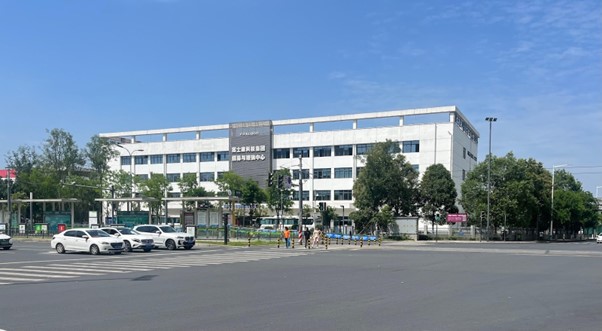In an interview with Inkstone, Jenny Chan expresses her concern about the poor treatment of domestic migrant workers in China. A group which is often refered to as “low-end” population by government and media officials.
Chinese migrant workers are those which move from rural China to work in urban industrial areas, though are not officially registered as urban dewellers. This group number around 287 million (in 2017) according to national statistics, providing cheap labour to fuel Chinese manufacturing and forming part of the backbone of the Chinese economy.
However, due to their status as second-class citizens, which is reinforced by their designation as rural migrants, these workers are stigmatised by the government and employers. Jenny outlines that:
“Many are poorly paid and denied social welfare support such as pensions and medical insurance. They work the dirty, dangerous jobs no one else wants to.”
Poor treatment of migrant workers leads to a range of health and social impacts, many of whom do not earn the amount of money in urban areas that they where expecting to. This can have broader consequences, espeically on the children and families of migrant workers who depend on their financial support. Contributing to a system whereby migrant workers (and their families) often remain in a perpetual state of marginalisation with limited opportunities.
Read the full article here.









